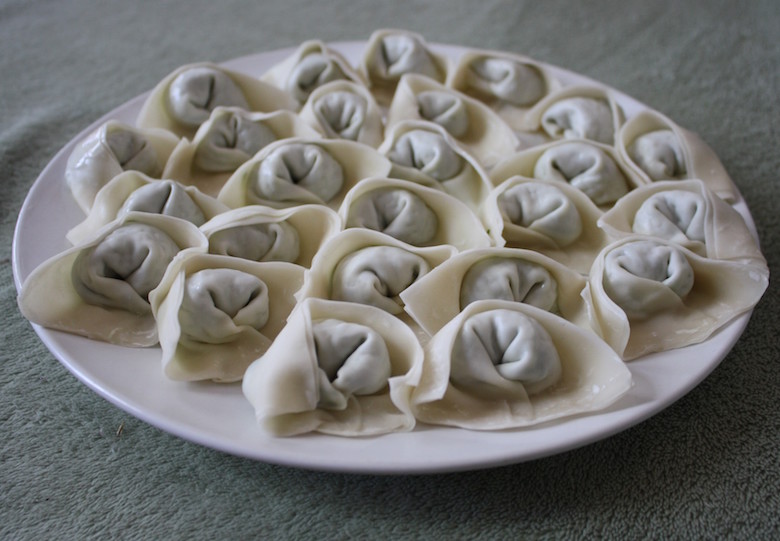
“How many wontons do you want in your soup?” my mother asked me on a Thanksgiving Day in my childhood. “Twelve!” I replied, because I was 12 years old. When I was 13, I wanted thirteen wontons in my soup. This trend continued until I moved away from my home of Reno, Nevada, at the age of 18. I can hardly remember a holiday in which we prepared turkey, and if we did it was a novelty: We were performing Americanism. Later that day, my sister and I played arcade games at a local casino while my parents casually gambled. I called the casino floor the “grown-ups’ arcade.” Such was the youth of a Chinese American immigrant child in a casino town.
People often ask me what it was like to grow up in Reno. Surrounded by the pristine nature of mountainous Lake Tahoe, the Truckee River, pine tree forests to the northwest and haunting spectral desert to the south, it was a wholesome version of suburban life in a state famous for vice. Simultaneously, the darker reality of a casino economy looms ever-present in the backdrop. My mother has been employed at the same casino for over two decades, working the graveyard shift. During my pre-teens, she also had a day job as a server at a teppanyaki restaurant and attended classes at the local community college for graphic design. We were a modest family that relied heavily on the savings of home cooking to survive.
When I was a small child, I was certain my mother was the best home cook in the world. She only ever used one knife, a giant cleaver that she sharpened diligently every evening before cooking dinner. While preparing wonton mix, I would eagerly ask for my mother’s approval of my minced bok choy, knowing fully well that I had beaten the vegetables to a bright green pulp. We would take an afternoon to batch prepare large quantities and store them in the freezer. In a pinch, a quick boil will provide a delicious and economical meal.
Sometimes when I hear stories of famous Italian chefs that prepared homemade ravioli with their matrons, I wonder if someone like my mother will ever receive such esteem. Although the culinary industry is rapidly changing, the common perception of the cuisine of non-white poor immigrants is that it is not worthy of fine dining. In the meantime, I can only hope to uphold a legacy by continuing her craft and sharing our unique perspectives.
Vegetarian Wontons
Yields approximately 40 wontons
1 pound bok choy
1 medium ginger root
1 medium shallot
1 egg
2-3 whole water chestnuts (canned)
2 garlic cloves
1 tablespoon sesame seed oil
1 teaspoon Shaoxing cooking wine
1 teaspoon ground Sichuan pepper flakes
Dash of white pepper
1 bundle scallions
1 bundle cilantro
1 tablespoon of regular soy sauce
1 package square-shaped Shanghai style wonton wrappers
In a large pot or wok, bring water to a rolling boil. Blanch bok choy for about 3 minutes. Strain bok choy and submerge in cold water. Finely dice ginger root, shallot, water chestnuts, garlic, and blanched bok choy. Using hands, squeeze moisture from vegetables. In a large mixing bowl, combine diced vegetables, sesame oil, Shaoxing cooking wine, white pepper, and salt. Gently fold egg into mixture (egg is the binding agent).
Place a single wonton wrapper in one palm. Gently place approximately one tablespoon of mix in the center of the wrap. With a damp fingertip, lightly wet three edges of the wrapper. Fold the wrap in half, sealing the edges with fingertips. Using index fingers, horizontally fold excess wonton wrap. Vertically fold the wrap, bringing left and right corners to meet in the center. Dampening a fingertip once again, seal the corner edges.
Bring water to a rolling boil. Add folded wontons and boil for approximately 2 minutes. Without reducing the heat, add 2 cups of cold water. Wait for the water to come to a boil once again. This allows for the delicate wraps to remain intact. Strain wontons and place in a serving bowl. Add boiling water, soy sauce, sesame seed oil, white pepper, and Sichuan pepper flakes. Garnish with chopped cilantro and scallions.



